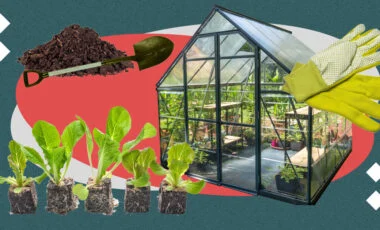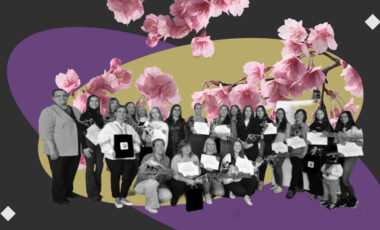The war exacerbates the drinking water access issue - WWF-Ukraine
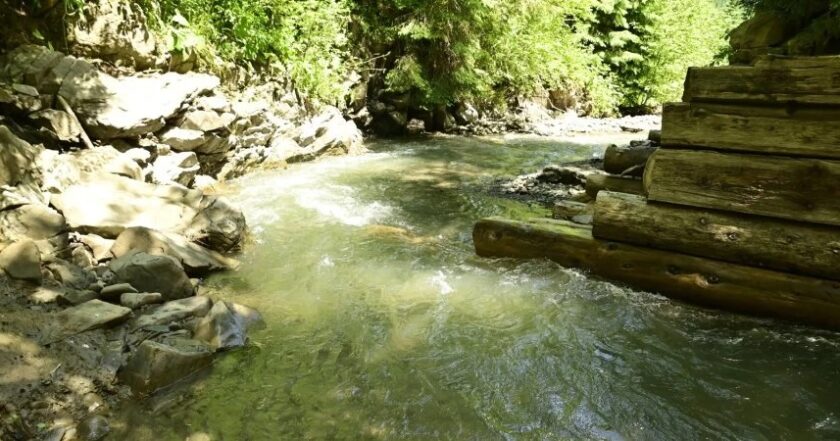
Фото:Vasyl Dyachuk / WWF-Ukraine
6 million Ukrainians struggle with access to drinking water because of the war, UNICEF reports. In general, 13.6 million Ukrainians suffer from a lack of water for sanitary and hygienic needs.
The state of the ecosystem services of Ukraine's freshwater resources was rapidly approaching the "high risk" mark even before russia's full-scale invasion, WWF Water Risk Filter reports in its study for the World Day to Combat Desertification and Droughts, which is celebrated on June 17.
A number of reasons have led to a drop in the level of groundwater, such as more than 50% of the total area plowed, which is one of the highest indicators in the world, interference in the free flow of rivers due to the development of banks, straightening and damming of reservoirs, draining of wetlands. The global cause is also climate change. 75% of the land surface not covered by ice has already undergone a significant transformation, and more than 85% of wetlands have been lost, according to the global study by WWF.
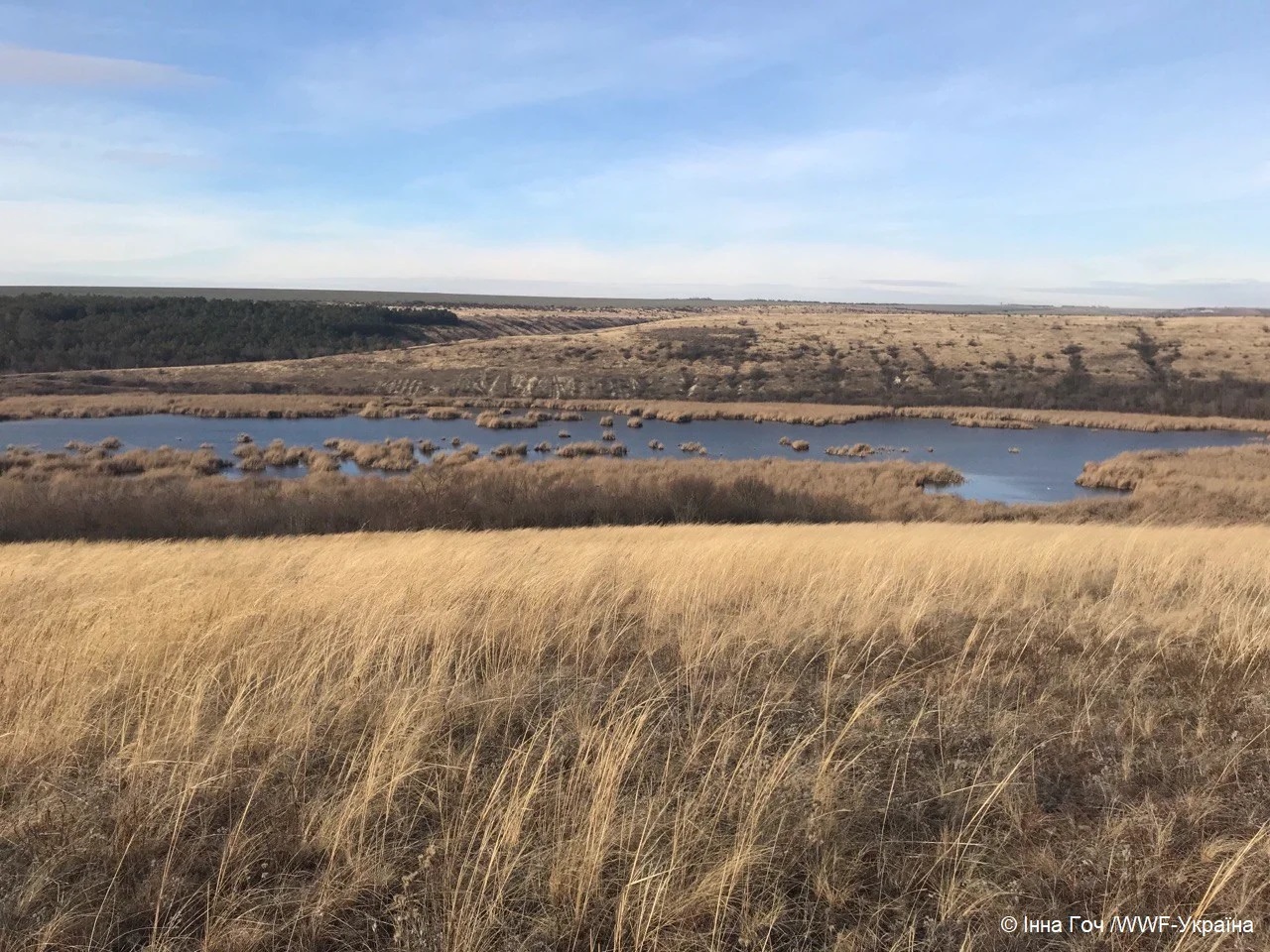
Human activity continues to reduce the volume of such a vital resource as water. The war exacerbates the problem of water availability because it distracts attention and resources from systemic solutions and creates additional challenges. In particular, related to pollution and destruction of water supply and drainage facilities.
"Before the war, the water supply of most regions of Eastern Ukraine was not independent but was carried out mainly thanks to water from the Dnipro, a system of reservoirs and canals known as the Dnipro-Donbas. We were dealing with an almost undiversified source of water supply for drinking water, for the needs of industry and the agricultural sector. During the war in Donbas, the Dnipro-Donbas canal and the local water supply and drainage systems were subjected to shelling, and significant losses of water, its pollution, and quality deterioration were observed," WWF-Ukraine notes.
With the beginning of a full-scale invasion, the situation escalated. 355.5 million cubes of water were released only at the Oskil reservoir in Kharkiv Oblast as a result of the destruction of the hydraulic unit. This water got first into the Oskil River, and then into the Siverskyi Donets. The Oskil reservoir supplied water for the vast majority of the population of the Luhansk and Donetsk regions. The canal's final destination is Mariupol — the situation there is now critical. In particular, due to the lack of water supply, there is a threat to the development of infectious diseases. Currently, the territory of the Luhansk region temporarily controlled by Ukraine remains without water, and the water supply systems of such cities as Sumy, Mykolaiv, Chernihiv, and Kharkiv have also been damaged.
To prevent the growth of water problems, in particular, due to military actions, and to accelerate the restoration of the water ecosystem, it is necessary to carry out an inventory and large-scale restoration of natural wetlands and peatlands, especially in Polissia, to ensure that people who illegally use river floodplains, meadows and remains of the steppe, are brought to justice. It is also needed to encourage the use of nature-oriented solutions in agriculture, forestry, and water sectors, for the development of cities, to return a part of arable land that is ineffective for agricultural production to the state of natural territories. And also — to ban the drainage of natural areas throughout the country.
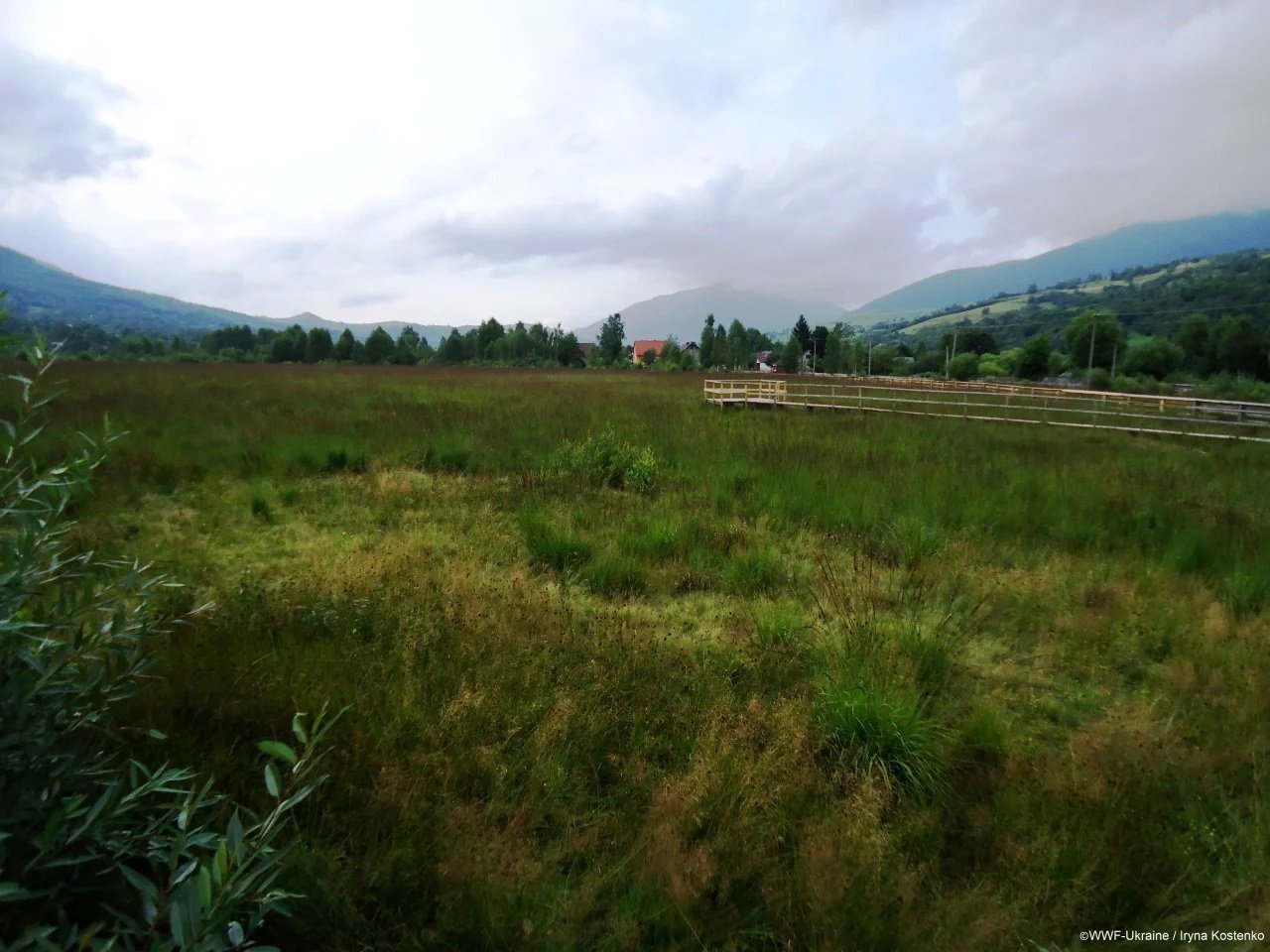
WWF-Ukraine cites Polissia as an example, where more than 1 million hectares of swamps have been drained over the past hundred years. This is a catastrophic scale of lost resources.
"We need to recognize that without sustainable solutions in the water supply system and water resources management, in particular at the recovery stage, we will not be able to solve the problem of access to water and reduce droughts," explains Inna Hoch, head of the WWF-Ukraine Water Department. Nature-oriented solutions that can help resist droughts, desertification, and natural disasters are among the tools."
All that is needed is to "build" the implementation of such solutions into Ukraine's recovery plans. And also — maintaining water ecosystems in a state as close to natural as possible, Water WWF-Ukraine adds.
Otherwise, Ukraine, like the whole world, will face an increase in the drinking water shortage. Even now, the UN predicts that by 2050, from 4.8 to 5.7 billion people on the planet will live in regions where there is a shortage of water for at least one month every year.




























